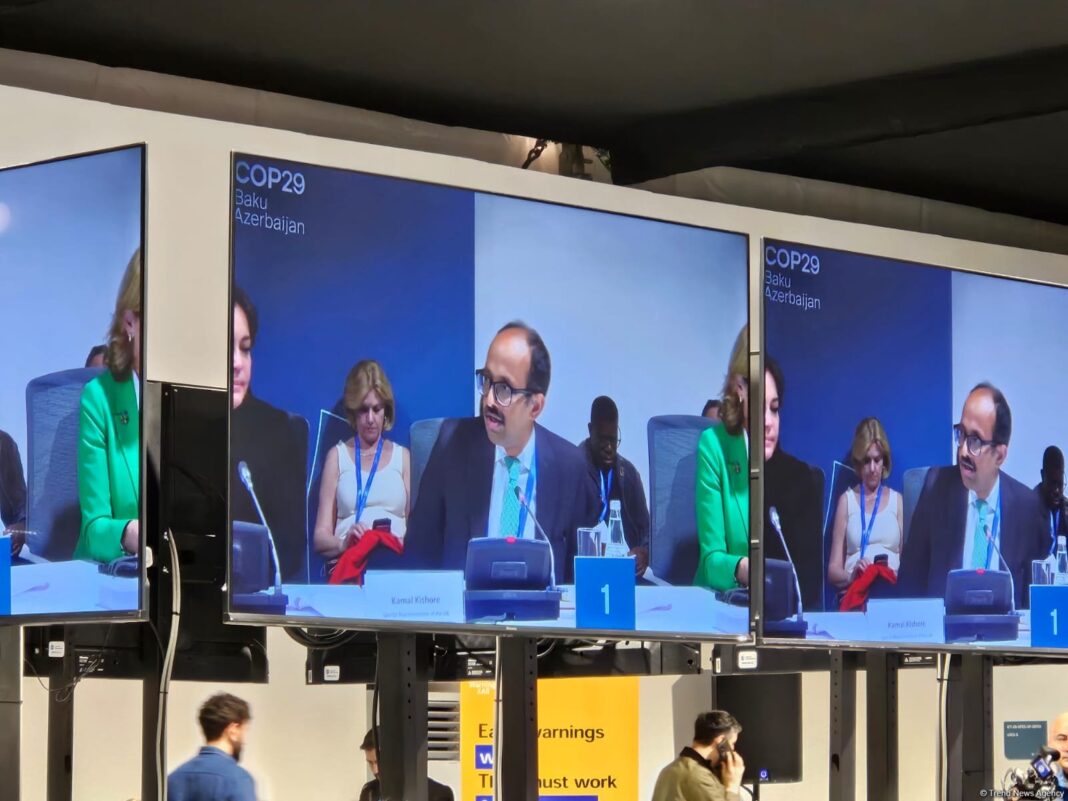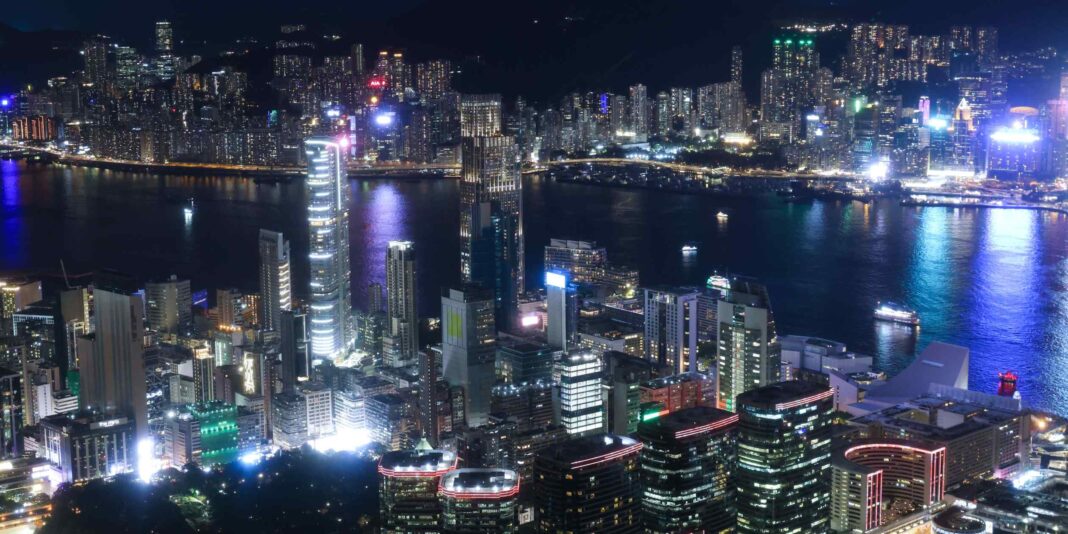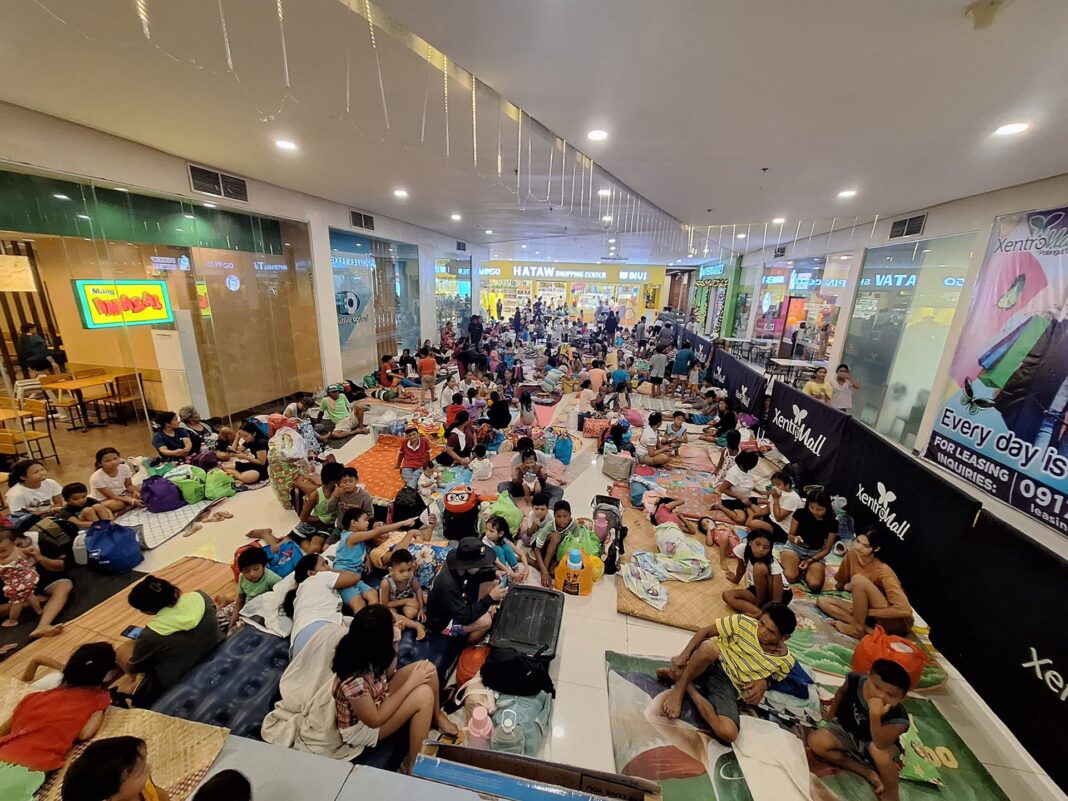BAKU, Azerbaijan, November 16. Early warning
systems pose a key to saving lives and preserving infrastructure,
the Special Representative of the UN Secretary-General for Disaster
Risk Reduction (UNDRR) Kamal Kishore said at the COP29 high-level
event on Strengthening Climate Information and Multi-Hazard Early
Warning Systems for Increased Resilience today, Trend
reports.
“Without their effective implementation, it is impossible to
achieve global goals for reducing human and economic losses from
disasters,” he emphasized.
Kishore stressed the importance of investing in early warning
systems during a high-level event dedicated to strengthening
climate information and multi-hazard early warning systems for
resilience building.
He reminded that one of the seven goals of the Sendai Framework
is to ensure access to early warning; however, success in this area
is crucial for achieving other targets of the framework, such as
reducing mortality and the number of people affected by
disasters.
Kishor also highlighted that the issue of early warning is
relevant for both the Global South and the Global North.
“The events of recent months have shown that natural disasters
threaten all regions. We need to work across all time scales—from
short-term forecasts to long-term climate trends,” he added.
To note, the 29th session of the Conference of the Parties to
the UN Framework Convention on Climate Change (COP29), which will
run until November 22, opened at the Baku Olympic Stadium on
November 11. It is the largest event organized by Azerbaijan to
date, and the first time in the region that it is being held in
Azerbaijan.
Within COP29, the highest level event – the summit of world
leaders on climate action – was held on November 12–13.
The main expectation from COP29 is to agree on a fair and
ambitious New Collective Quantitative Goal (NCQG) on climate
finance. The COP29 chairmanship has launched 14 initiatives that
include linkages between climate action and the Sustainable
Development Goals, including green energy corridors, green energy
storage, harmony for climate resilience, clean hydrogen, methane
reduction in organic waste, action on green digital technologies,
and other topics.
In addition to being a top priority that creates the conditions
for action, creating climate finance will also help fulfill the
1.5°C pledge by bringing everyone together.
The UN Framework Convention on Climate Change is an agreement
signed at the Rio Earth Summit in June 1992 to prevent dangerous
human interference in the climate system. The acronym COP
(Conference of Parties) stands for “Conference of Parties” and is
the highest legislative body overseeing the implementation of the
Framework Convention on Climate Change.
A total of 198 countries are parties to the Convention. Unless
otherwise decided by the parties, COP is held annually. The first
COP event was held in March 1995 in Berlin, and its secretariat is
located in Bonn.
Stay up-to-date with more news on Trend News
Agency’s WhatsApp channel


